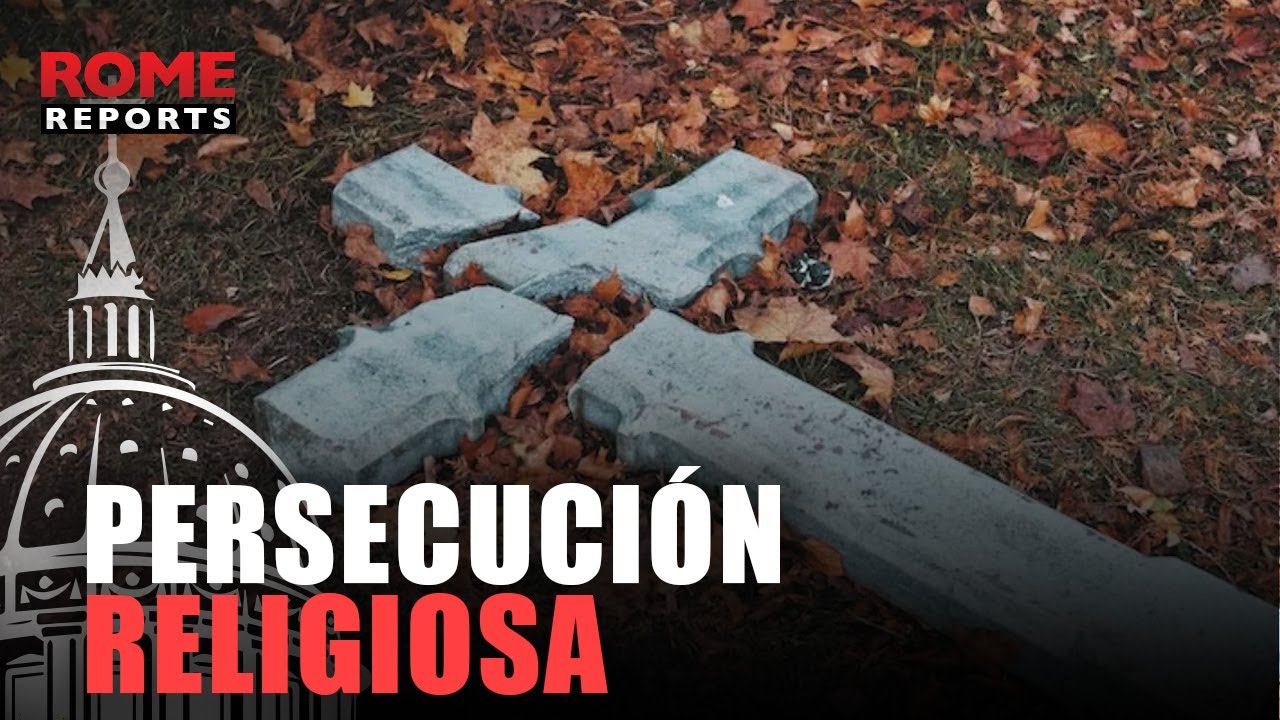
The persecution The religious persecution suffered by many Christians has been provoked by public authorities, by non-Christian groups or by other Christians of different faiths throughout the history of the world. Christianity.
Persecutions of any kind are deplorable acts, especially those of a religious nature, because they limit the freedom of human beings in their relationship with God. Unfortunately, universal history has shown us that religious persecutions have their origin in ancient times.
In the case of the recent history of Spain, cited as a reference in numerous works, a detailed study published in 1961 by Antonio Montero Moreno, identified a total of 6,832 religious victims murdered in the Republican territory, of which 13 were bishops; 4,184, diocesan priests; 2,365, religious; and 283, nuns. In a study published in 2001, the researcher and priest Ángel David Martín Rubio lowered the total number of members of the clergy murdered during this period in the Republican zone to 6,733.
We know that intolerance is the inability to accept other people's ideas, beliefs or practices when they are different from one's own and that the intolerant person is characterized by maintaining his or her opinion, without paying attention to others.
We also know that when the emotional or passionate component is added, intolerance becomes fanaticism or that, when there is an excessive attachment to following fundamental texts to the letter out of their context, we fall into fundamentalism.
As human attitudes, all of them violate people's dignity, with the most common reasons being race, sex or religion.
Finally, we know that tolerance is an acquired habit and, therefore, a competence that humans can develop voluntarily, since our natural instinct would lead us down the path of intolerance and aggression.
We could deduce up to this point that the origin of the problem is personalThe "own" of each one of us, and that it depends on the education received in our family, social and cultural environment.
Francis also asked that "no one be considered a second-class citizen," especially Christians, who represent 1% of the population in the Muslim country, and the Yazidis, a minority persecuted by the Islamic State.
According to the latest report of Aid to the Church in Need, presented at the end of 2014, a total of 55 countries in the world (28%), have suffered in the last two years a marked worsening or deterioration of religious freedom.
In 14 of the 20 countries that suffer persecution for professing the Catholic religion, it is linked to the islamism In the other 6, the persecution is linked to authoritarian regimes, most of them communist.
According to the report of the NGO Open Door (World Watch List WWL Report), more than 100 million Christians are persecuted in the world today.
Spain has had its own experience of this phenomenon: 1,523 martyrs beatified as a result of the religious intolerance of the 1930s, of whom 11 have already been canonized.

Two observations are in order:
a) Pope Francis does so on the "false tolerance of those who want to force others to live privately and not publicly the ethical principles consistent with the truth found". (20 Jun.14).
In a word, he warns against wolves in sheep's clothing, who propose to remove crucifixes or religious symbols from public life or who, in the name of a false tolerance with other religions, promote the expropriation of the Cathedral of Cordoba, to give a simple example of the present time.
b) It is also good to warn about the false accusations of discrimination that the architects of the fallacy promote when they put on the same level of equality the dignity of the person and his behavior, accusing as discriminatory the censure that can be made of certain behaviors.
To exemplify this phenomenon we can say that when a child is censured for going out drinking and coming back in the early hours of the morning, his personal dignity is not being violated nor is he being discriminated against, only his behavior, which is educable and modifiable, is being censured.
If promiscuous behavior is censured, it is also not discriminated against because this behavior can be modified by the child, keeping intact his or her personal dignity, which must be treated with the utmost charity and understanding.
Pope Francis stresses that "the problem of intolerance must be faced as a whole". "the good of the whole society is at risk and we all have to feel involved". (Oct 2013).
In a word, we cannot stand idly by, we have to act, we have to fight, with the instruments available, which for a Christian are, among others, prayer, being committed to just causes and active participation, otherwise the place, our place, will be taken by others.